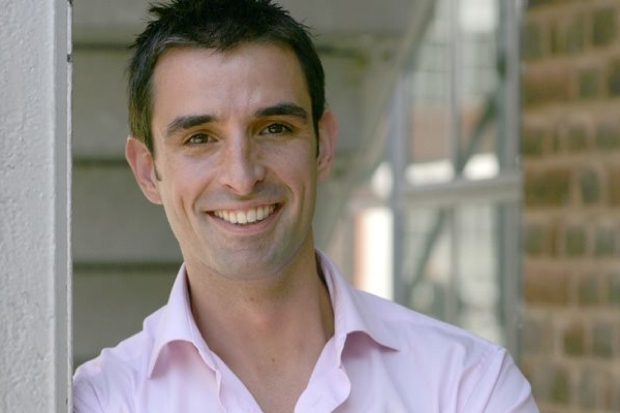Bright-eyed, bushy-tailed, and wary of not lobbing their mortarboards too vigorously, students graduating in the coming weeks are set for a tough time – there’s a housing crisis, a difficult economic climate, and the average starting salary for graduates hovers perilously on the £20,000 mark.
Comforting, then, that the National Union of Students has our back. Fighting valiantly against the so-called ‘marketisation’ of higher education, they offer dogmatic principles we can rely upon: namely, that university education must be free to receive; that all elected governments are secretly conniving against the people; and that all those on large salaries are somehow inherently evil.
All very honourable and right-on, but these are metrics worth measuring the NUS by, too.
Simon Blake might not be a name or personality that catches attention – he rarely appears in the newspapers, has never been elected by students, and isn’t a name that most undergraduates will ever have heard of. And yet he’s the CEO of the NUS, sitting comfortably on a tidy sum of £100,000 per annum. It’s not clear exactly what he does to earn a salary five times that of the average graduate, but judging by his latest NUS blog post, it includes jolly sojourns across the pond to the US.
One wonders if this charitably-minded man has ever noticed the irony of his position as the unelected, unaccountable, disproportionately well-paid CEO of a national union famed for its elite-bashing, executive-hating, hard-left-minded ideology. Perhaps he was too busy moonlighting as deputy chair of Stonewall UK and as a fellow of the Chartered Management Institute to notice.
That’s not all. You’d think an organisation that makes a living out of railing against an out-of-touch government that fails to understand students’ needs and concerns would be run by, you know, students. That’s wishful thinking.
Malia Bouattia, the new NUS President, is 28. Since her election last month, she has been the subject of much controversy. Yet the article in which she described Birmingham as a ‘Zionist outpost’ because of its large Jewish society was written in 2011, back when she was a real student, rather than a ‘student politician’. That was five years ago.
The same is true across the board. Richard Brooks, the NUS vice president, is just as out-of-touch as the rest of them. It’s been three years since he was actually a student himself. He’s spent just as long being a faux-student politico hack as he has actually being a student. When he writes for the Telegraph, he is writing about a different generation of students to those whom he is meant to represent.
The way NUS leadership works means that years of experience within the insular world of student politics is usually needed in order to rise up in the ranks. Most of those who reach the upper echelons do so a couple of years after they graduate. This means that by the time you start your term as NUS president, you could easily be half a decade out of step with the students you supposedly represent, as is true in Malia Bouattia’s case.
The generation currently dominating the NUS is so far removed from the current student experience that they are still enraged and incensed by the arguments of 2010-12, such as the Lib Dems’ decision to backtrack on tuition fees. By contrast, those coming into university this year were in their first year of secondary school in 2010. They don’t have the same concerns, and haven’t been politically radicalised in the same way. For the most part, they’ve accepted that paying for an education at some of the finest institutions in the world probably isn’t the universe’s greatest injustice.
Students have a proud history of campaigning, protesting and being hacked off about all sorts of things. It wouldn’t be fair to say that students shouldn’t — if the urge comes upon them — rail against unelected business elites with suspicious links to political power. Nor should they not want to concern themselves with the fact that our chumocratic government cannot credibly claim to represent millions of the poorest in this country.
But up and down the country, students are starting to realise that the NUS may not have their best interests at heart. Lincoln and Newcastle universities have already disaffiliated, and today’s loss of Hull’s affiliation fees will cost the NUS half of their unelected CEO’s salary. Cambridge students are currently voting on disaffiliation, and Oxford’s vote is following next week.
The NUS purports to be a ‘leading exemplar of equality and diversity’, yet it cannot seem to root out anti-Semitism within its own ranks. It rails against wealthy elites while propping up someone on a six-figure salary. Our national union questions the legitimacy of an elected government while harbouring a CEO who we’ve neither heard of nor voted for.
It’s no wonder that students have finally decided that enough is enough, and are increasingly choosing to walk away from the NUS – a most hypocritical organisation.
Jack May is a final-year English Literature student at the University of Cambridge, and is campaigning for Cambridge to leave the NUS.






Comments